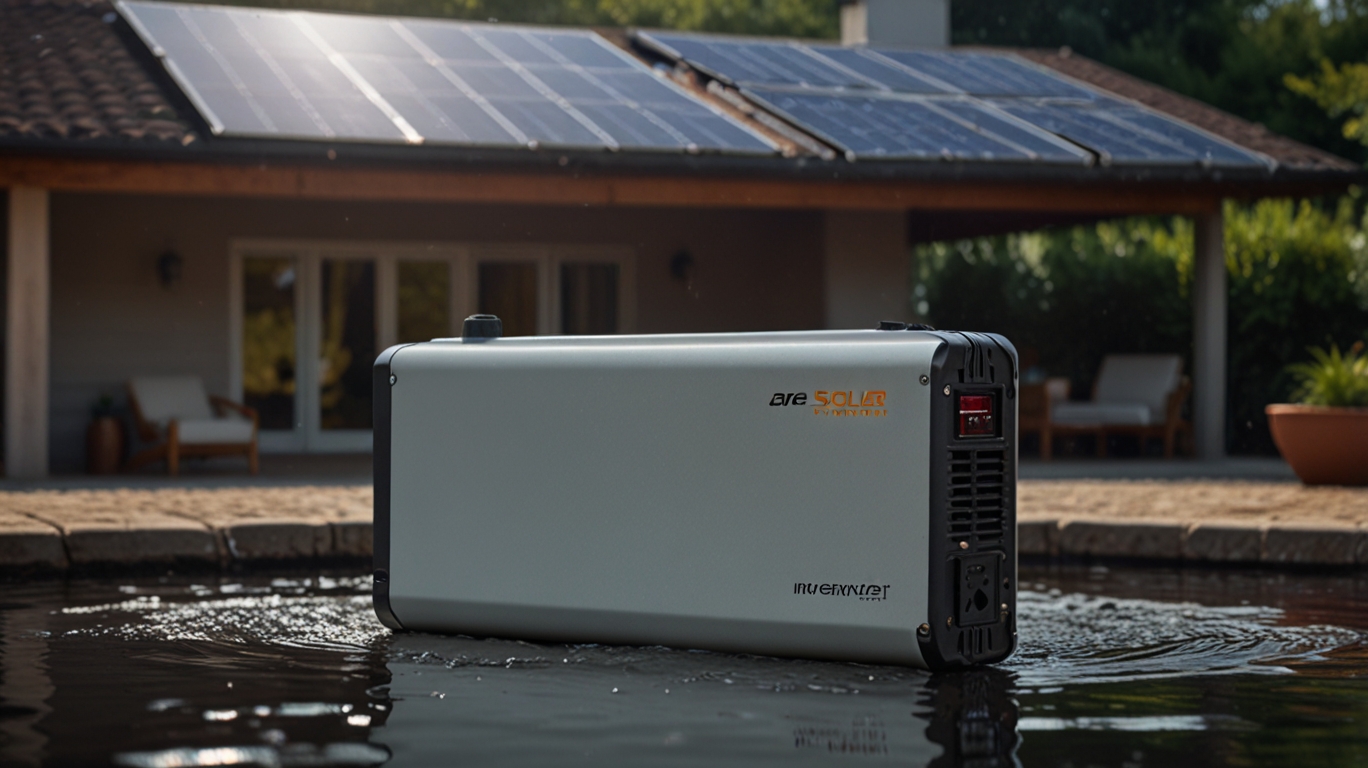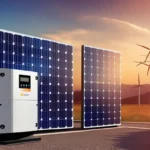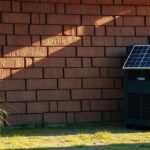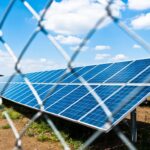Solar inverters are a crucial part of any solar panel system, playing a vital role in converting DC power into usable AC power for our homes and businesses. But what happens when the weather gets wet? Can solar inverters withstand the rain, snow, and moisture that comes with it? Are they designed to keep working even in harsh weather conditions? In this blog, we’ll take a closer look at the answer to this question and explore the waterproofing of solar inverters, providing you with the information you need to know about their durability and reliability.
Are Solar Inverters Waterproof?
The short answer is that most modern solar inverters are designed to be water-resistant, but only partially waterproof. While they can withstand some exposure to water, they’re not meant to be submerged or exposed to excessive moisture.
Solar inverters are typically rated according to the Ingress Protection (IP) code, which measures the device’s resistance to solid objects and water. The IP code consists of two digits:
- The first digit represents protection against solid objects (0-6)
- The second digit represents protection against water (0-9)
For solar inverters, a common IP rating is IP65 or IP67. This means they can withstand:
- Dust and low-pressure water jets (IP65)
- Dust and immersion up to 1 meter (3.3 feet) for 30 minutes (IP67)
While these ratings provide a level of protection, it’s essential to note that solar inverters are not designed to be fully submerged or exposed to excessive water pressure.
Why Aren’t Solar Inverters Fully Waterproof?
There are a few reasons why solar inverters aren’t fully waterproof:
Cost and complexity: Making a solar inverter fully waterproof would increase its cost and complexity, which could make it less competitive in the market.
Airflow and cooling: Solar inverters need airflow to cool down, and a fully waterproof design could compromise this airflow, leading to overheating and reduced performance.
Maintenance and repair: A fully waterproof design could make it more difficult to maintain and repair the inverter, which could lead to increased downtime and cost of solar inverter.
What Does This Mean for You?
If you’re considering installing a solar panel system, here are a few takeaways:
Install your inverter in a dry location: Make sure to install your solar inverter in a location that’s protected from the elements, such as a garage, basement, or a covered outdoor area.
Check the IP rating: When selecting a solar inverter, look for a model with a suitable IP rating for your installation location.
Regular maintenance: Regularly inspect and maintain your solar inverter to ensure it’s working correctly and to prevent water damage.
Conclusion
While solar inverters are not fully waterproof, they are designed to withstand some exposure to water. By understanding the IP rating and taking steps to protect your inverter, you can enjoy the benefits of solar energy with peace of mind. Remember to install your inverter in a dry location, check the IP rating, and perform regular maintenance to ensure optimal performance and longevity.







